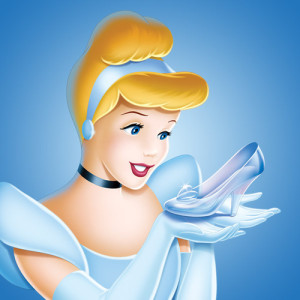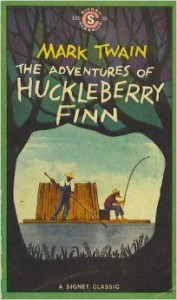Like actors struggling to find their motivation, writers fret over theme:
“What does this story mean?” “Why is it relevant?”
“What’s the gosh-darned moral?”
Here’s a secret that most writers don’t admit:
“Theme is NO BIG DEAL!”
But wait! Aren’t we taught that the meaning of a story is the most important part? Isn’t a story without thematic value essentially pointless?
To clarify: theme matters, but it’s not something to stress about. As long as you write a realistic story with authentic characters and circumstances, a natural, organic theme will arise.
That’s because real life is full of meaning, and your characters’ actions should represent believable desires, behaviors, and impulses. As a result, any worthwhile story has at least one important theme built in.
There are two approaches to theme:
1.) Start with a story idea; discover the theme LATER: Just like in real life, hindsight is 20-20. You don’t learn a life lesson until it’s over. You don’t understand why you and your spouse had that argument until the next day. Your father’s sage words of advice didn’t make sense until you turned 35. Theme does not need to be figured out ahead of time. It’s waiting to be discovered in the story, like buried treasure.
2.) Choose a Theme and Build the Story Around It: Not impossible, but potentially dangerous. Fiction written to serve a preconceived idea can be preachy, predictable, or self-serving. When characters and events become mouthpieces for the writer’s point, reader will not be invested. If you must start with theme, be careful to develop the events that fit that theme organically and avoid creating “writer propaganda.”
Themes can be as complex as the people, places, and things an author writes about. There’s no limit to the important ideas that form in your writing, but the following list suggests the kinds of themes you might discover:
- The impacts of emotions
- Dynamics of relationships
- Relationships with God/nature/the universe
- Man vs. the elements (or magical/sci-fi forces!)
- Relationships to culture/country/society
- Physical or mental health (sickness, vitality, virility, substance abuse, sexuality, etc.)
Your story may fall into one or more of those categories, and the theme you discover might even defy classification! Check out these familiar examples:
- Cinderella: An innocent girl is forced to dress in rags and do chores for her nasty stepmother and stepsisters, until her fairy godmother gives her a makeover and sets her up with a handsome prince. Theme: Social/Karmic Justice
- The Adventures of Huckleberry Finn: A young boy adventures down the
Mississippi River with his friend Jim in the pre-Civil War American South. Theme(s): The relationship between race and identity in an oppressive culture. The social and moral hypocrisy of cultural expectations. The wisdom inherent in innocent people.
- A Game of Thrones: In a fantasy world, the newly appointed Hand of the King uncovers conspiracies, corruption, and hypocrisy as he attempts to serve the realm justly and honestly. Theme(s): The Burden of Authority, Moral Ambiguity and Social Darwinism, Corruption, Bonds of Family, The Impacts of Clashing Religious Beliefs, The Futility of Control (And a LOT more!)
Notice how short, snappy tales tend to have one main overarching theme, while longer, more complex works usually have many themes that are intertwined (kinda like real life!)
Once you discover an interesting idea, concept, message, moral, or reality that your story is representing, bring it out more in future drafts. You don’t want to hit theme too hard on the head. You want the readers to discover it in that same “A-HA!” way that you did.
Connect with Kevin M. Folliard on . . .
Facebook: https://www.facebook.com/kevinfolliard
Twitter: https://twitter.com/Kmfollia


